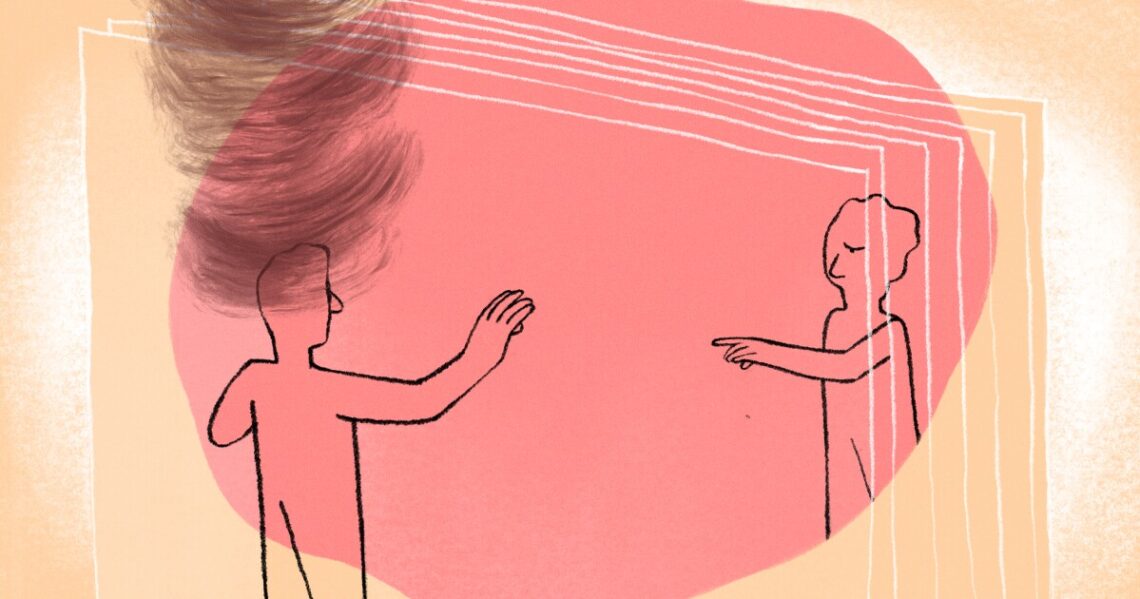In the past few years, 10,000 to 20,000 apps have stampeded into the mental health space, offering to “disrupt” traditional therapy. With the frenzy around AI innovations like ChatGPT, the claim that chatbots can provide mental health care is on the horizon.
The numbers explain why: Pandemic stresses led to millions more Americans seeking treatment. At the same time, there has long been a shortage of mental health professionals in the United States; more than half of all counties lack psychiatrists. Given the Affordable Care Act’s mandate that insurers offer parity between mental and physical health coverage, there is a gaping chasm between demand and supply.
For entrepreneurs, that presents a market bonanza. At the South by Southwest conference in March, where health startups displayed their products, there was a near-religious conviction that AI could rebuild health care, offering apps and machines that could diagnose and treat all kinds of illnesses, replacing doctors and nurses.
Unfortunately, in the mental health space, evidence of effectiveness is lacking. Few of the many apps on the market have independent outcomes research showing they help; most haven’t been scrutinized at all by the FDA. Though marketed to treat conditions such as anxiety, attention-deficit/hyperactivity disorder, and depression, or to predict suicidal tendencies, many warn users (in small print) that they are “not intended to be medical, behavioral health or other healthcare service” or “not an FDA cleared product.”
There are good reasons to be cautious in the face of this marketing juggernaut.
Decades ago, Joseph Weizenbaum, a professor at the Massachusetts Institute of Technology and considered one of the fathers of artificial intelligence, predicted AI would…
Read the full article here







